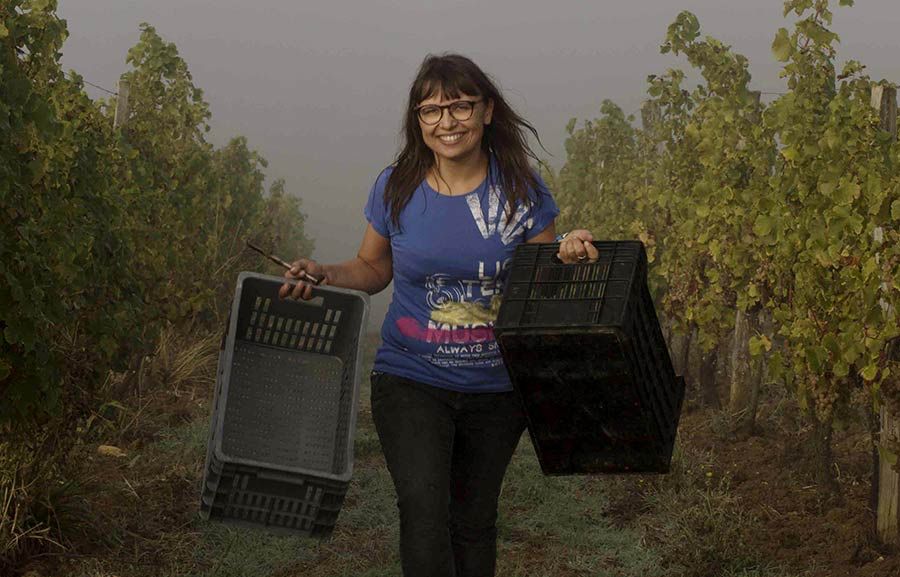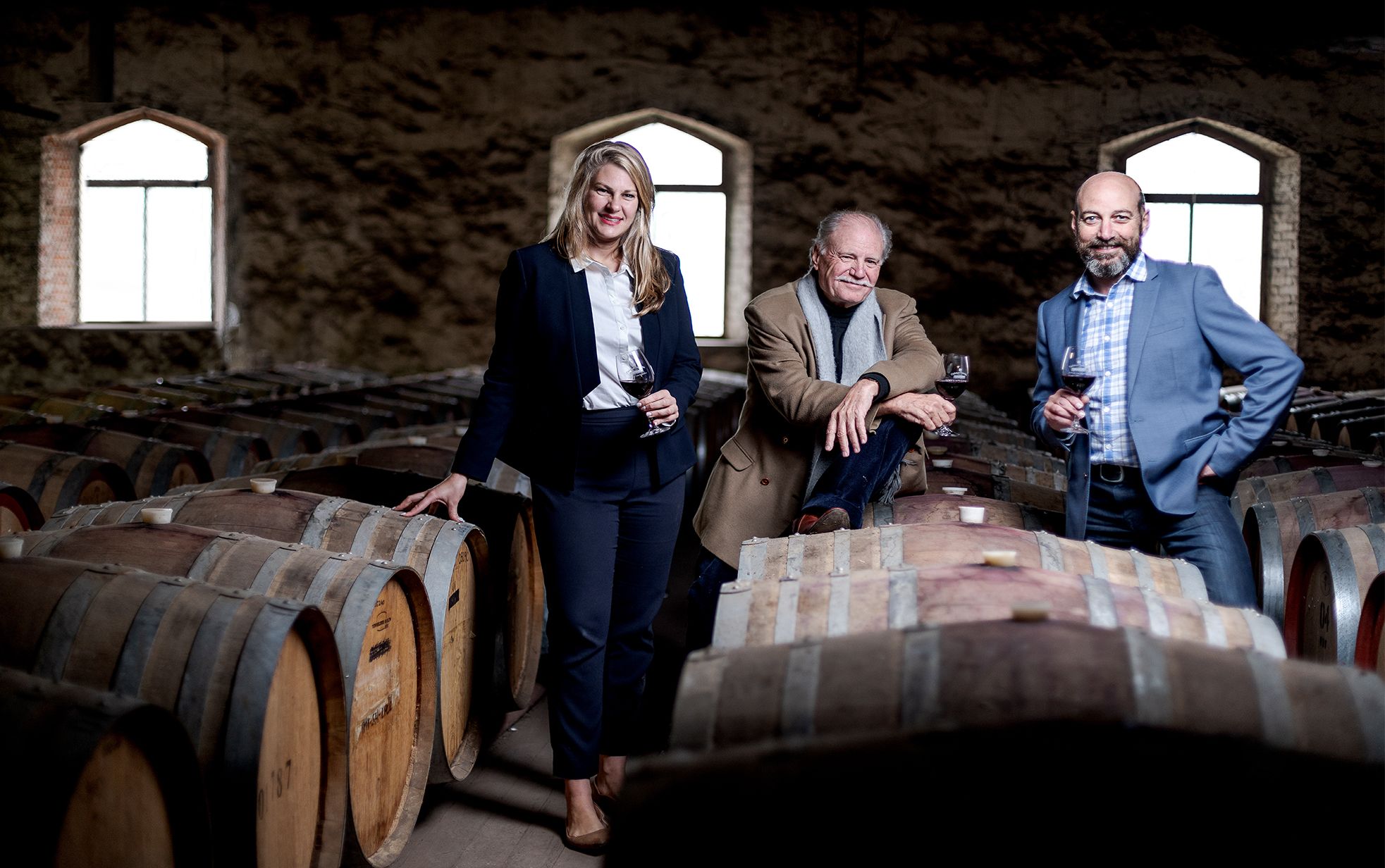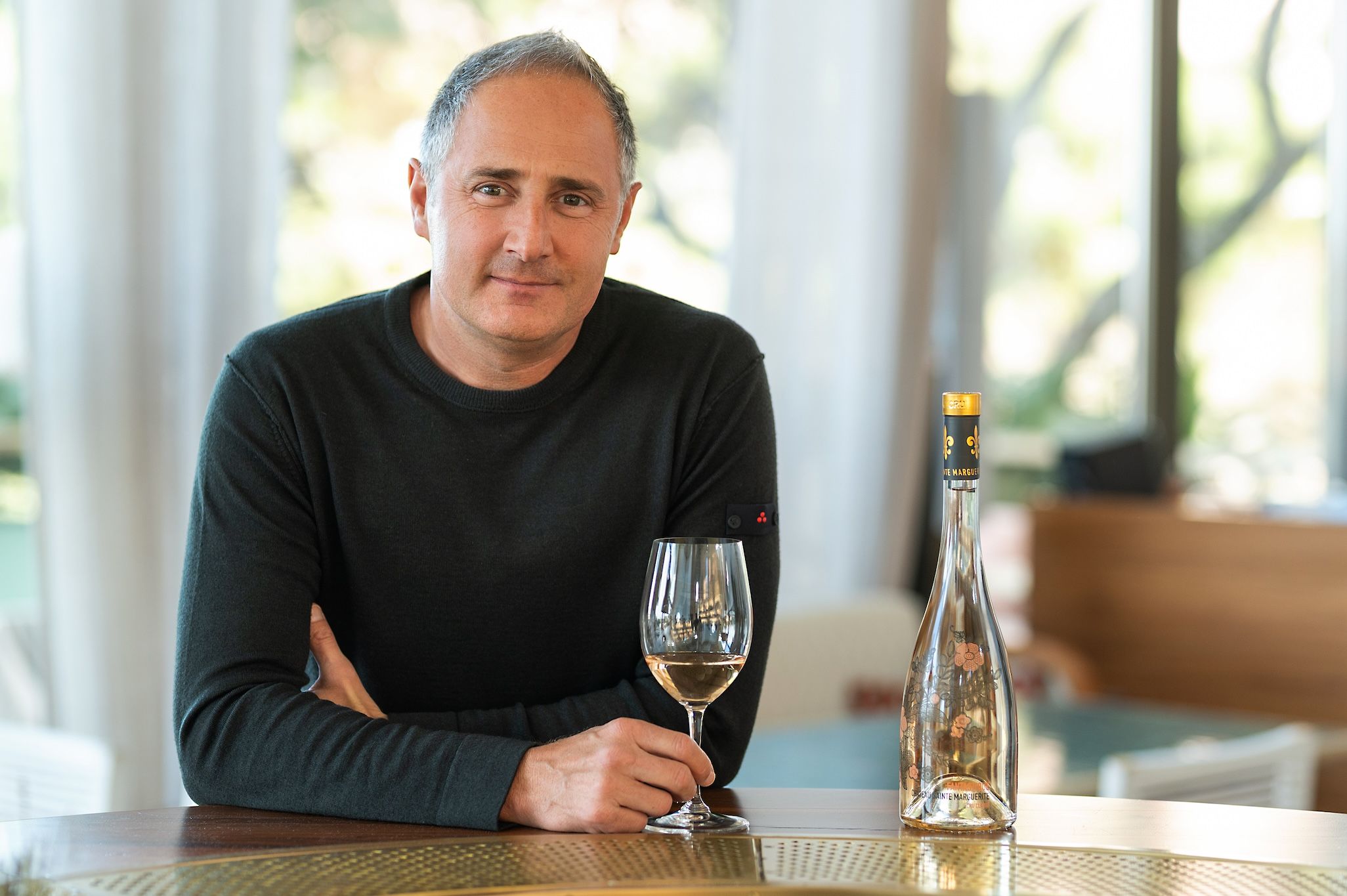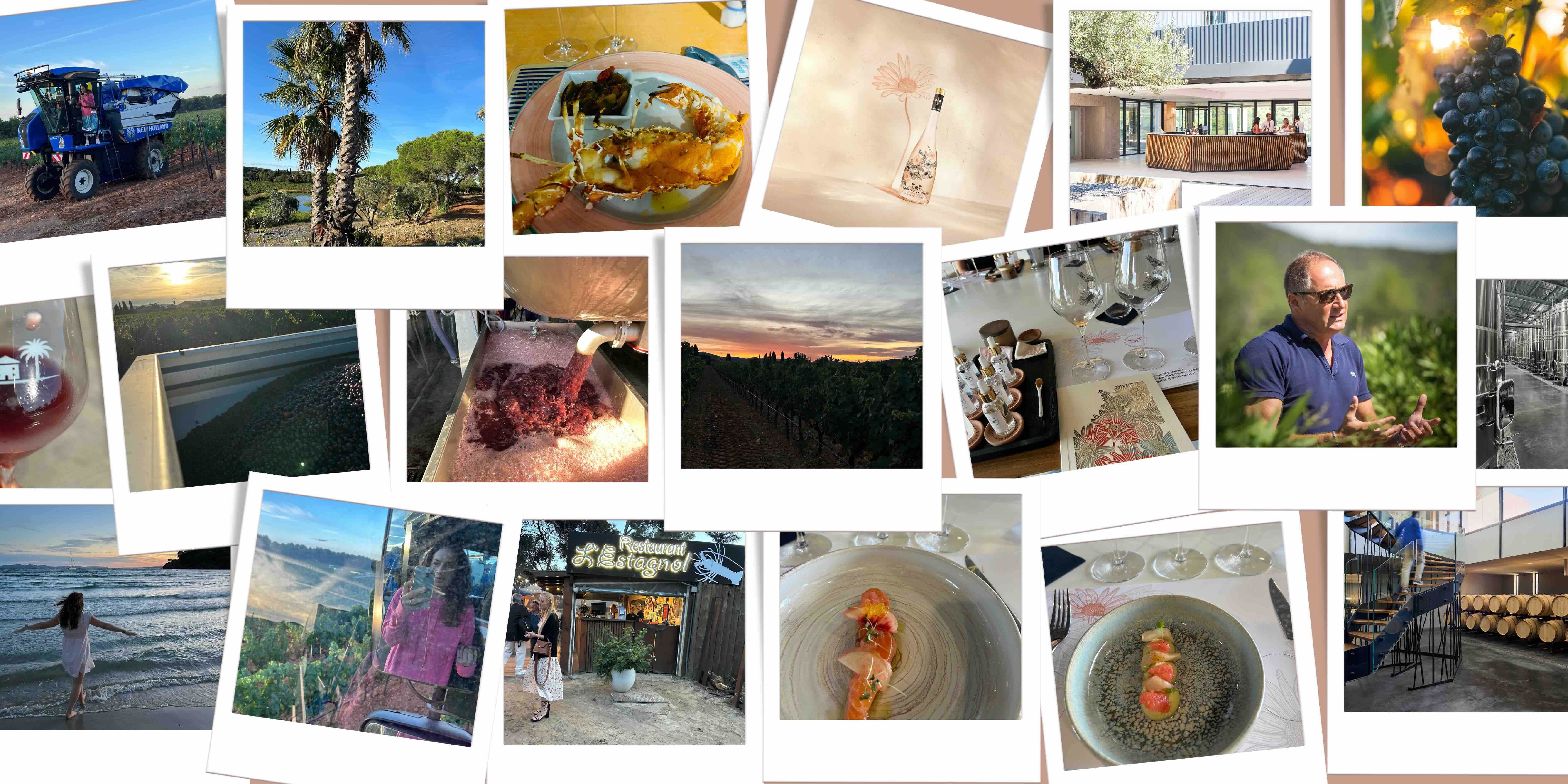Organics has become a major focus for Château Gadet-Terrefort thanks to the work and influence of Anaïs Bernard.
The Médoc may be viewed by many as a region steeped in tradition, but it would be wise not to underestimate the exciting, innovative forces at work here. A new guard of bold young winemakers has come of age in Bordeaux, bringing with them an avalanche of new ideas and unorthodox approaches. At a time when much in the world of wine is changing rapidly and perhaps irreversibly, this creative mindset has never been more important.
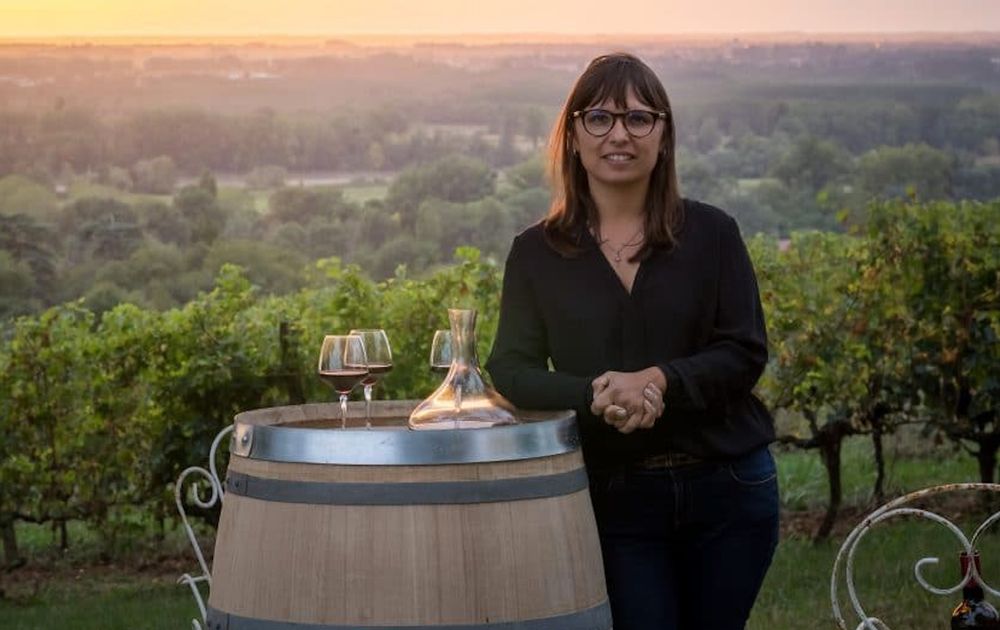
Anaïs Bernard of Château Gadet-Terrefort is taking great strides to introduce organic winemaking to the Médoc
Anaïs Bernard of Château Gadet-Terrefort is one such winemaker. The third generation of her family to take the helm at her family’s 35-hectare estate in the northern part of the Haut-Médoc. In the single decade since she took over from her father Christian, Bernard has successfully converted 21 hectares of land to organic viticulture, and her first fully certified organic wine will be released in 2022. Bernard spared a few minutes in her hectic schedule to talk about her quiet determination to bring about lasting change to her family’s estate and the many lessons she’s learned – and continues to learn – along the way.
How did you decide that organic viticulture was the future for your estate?
I was first introduced to organics by my partner (Bastien Pestourie), who had worked at many of Bordeaux’s best organic estates and simply believed that by using organic methods our wines could be even better. I also felt that it tied in perfectly with our Crus Artisans (artisan grower) status. There are only around 30 wineries in Bordeaux which have this classification, and for me it is very meaningful – it represents a special group of small artisan producers with a close connection to their land and their customers. It’s a real shame there are not more wineries in the group as it is a wonderful indication of quality and provenance. To me, the Crus Artisans philosophies of working closely with customers and giving our land what it needs is perfectly in line with the principles of organics. It’s all a cycle; from the land, to the fruit, to the winery, and finally the customer, and I think this is a very good way for us to remain close to those principles.
What were the main challenges of making such a fundamental change to your ways of working?
I took over the estate in 2011, but it takes a very long time to truly be in charge. Our approach has been very gradual without making big sudden changes. It has been important to me to stay true to our wine styles so that our customers don’t have a big shock. My father has also taken some convincing. To him, organics is the way his grandfather worked, and to many in his generation the change feels like taking a step backwards. However, after a very difficult rainy spring in 2018, our crop losses were significantly lower in our organic vineyards and I think this went a long way to persuading him. I’m not sure he would ever admit to being completely persuaded, but that’s because he’s too proud.
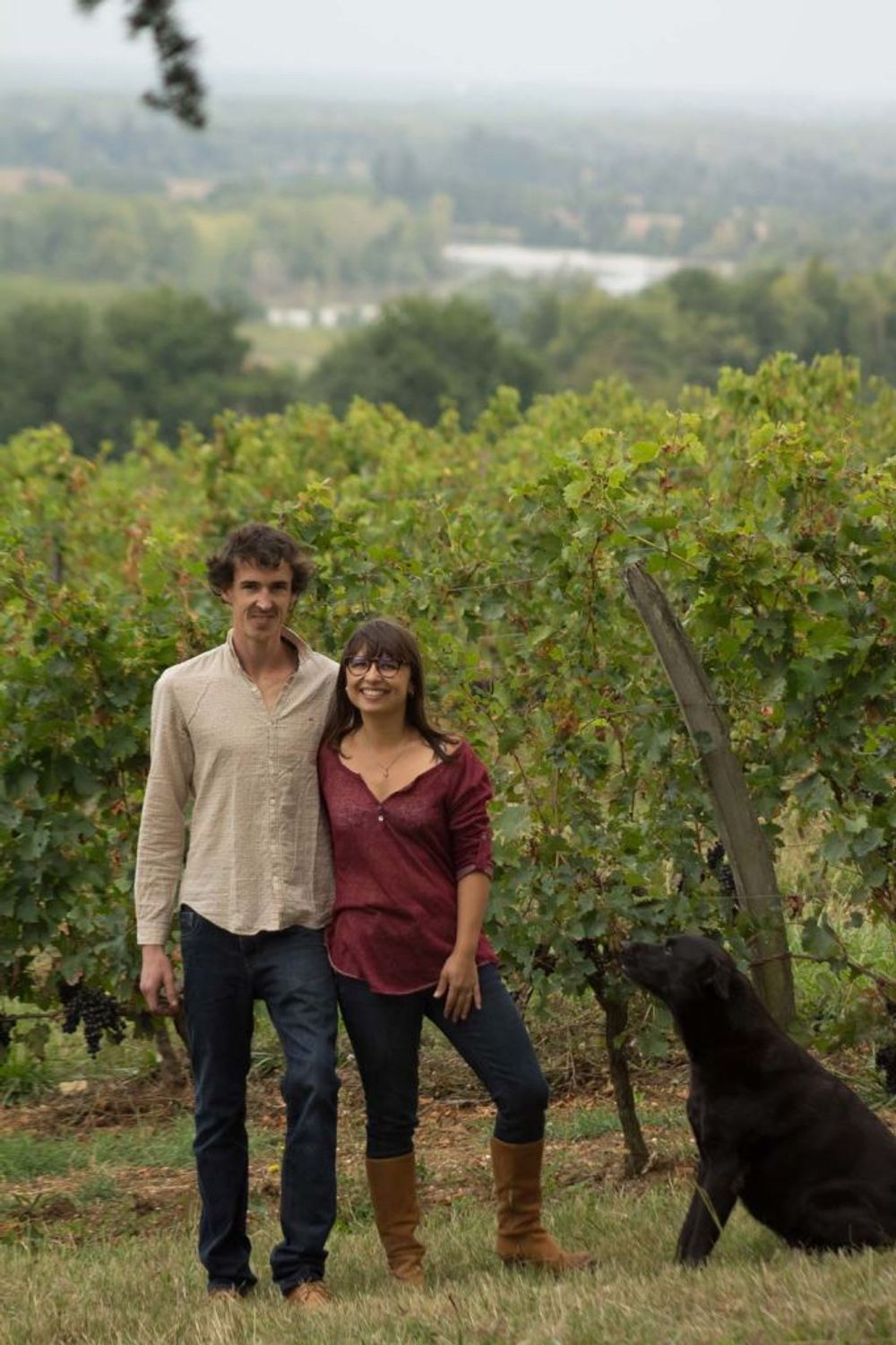
Anaïs Bernard with her partner and fellow winemaker Bastien Pestourie
What key changes have you made to your vineyards since 2011?
We are lucky and quite unusual in Bordeaux in that we have many different types of land on our estate; not just vineyards, but also woodland and pastures where we graze our cattle. For me, it has been important that we adapt to the land instead of forcing it to adapt to us. Modern society seems to have an unrealistic demand for good products at high speed in large volumes, so it was about moving away from that and getting back to the basics – if you try and change the natural cycle of your land, any benefits won’t last.
We have now phased out the use of all chemicals in the vineyard and are experimenting with many kinds of new, biodiverse cover crop species. It’s very exciting to see how each different variety brings something new to life amongst the vines.
What changes have you seen in the vineyard and winery since your conversion to organic viticulture?
We have the benefit of being able to compare our organic vines with non-organic, and the differences we have seen are huge. Put simply, the plants are stronger, put down deeper roots and in turn become less sensitive to extreme heat and more able to support themselves through hotter summers and other extreme weather patterns. This leads to much higher quality fruit – we have noticed that our Cabernet Sauvignon in particular is achieving more ripeness and character every year.
The positive changes have also been made very clear by the terrible weather events we have been experiencing in Bordeaux over recent years. Despite hail in 2014 and severe frosts in 2017, 2020 and 2021, often followed by wet summers, the yields of our organic vines have increased from 20-30 hl/ha to 45 hl/ha, and the plants are much more resilient and seem to grow back faster and stronger.
Organics aside, how has the last 18 months been for you and the estate?
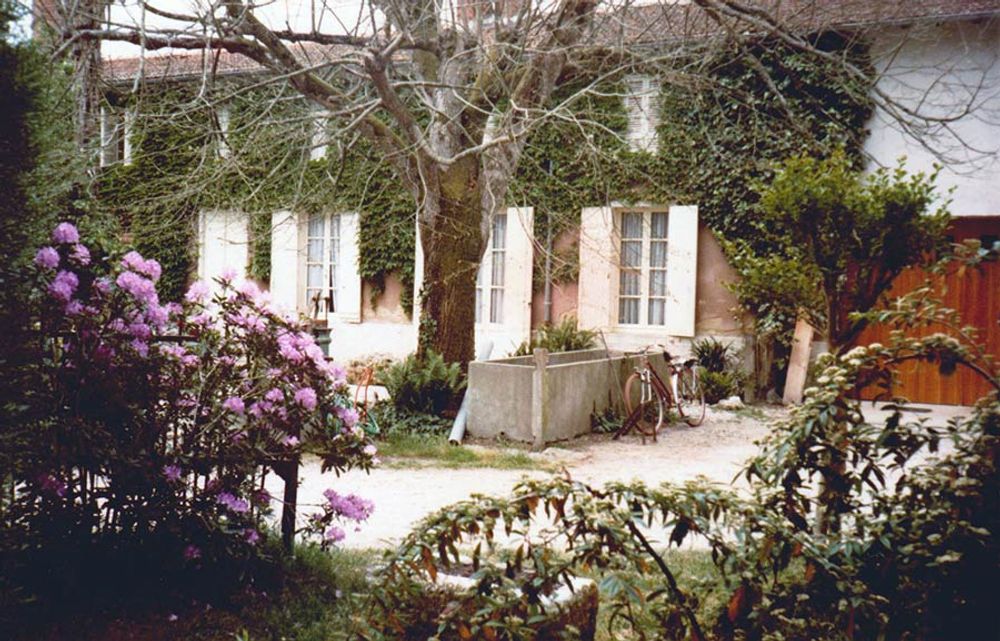
Château Gadet-Terrefort is part of the Crus Artisans association
We have continued to be very busy – vines don’t get coronavirus, after all. I think it has been much easier to live in the countryside through the pandemic. We were certainly impacted by the closure of restaurants and the increasing challenges of exporting to markets such as the UK, but we have had plenty to keep us busy and we are now feeling very optimistic.
Do you think the pandemic will change how you run your business in the long term?
We have noticed a shift towards people drinking less wine but better quality because they care more about what they are consuming, and I hope this will be a permanent change.
We have also changed our sales model during the pandemic. As a member of the Crus Artisans, much of our business was focused on direct to customer sales via events all around France. When these were postponed, we thought differently and started offering free delivery and even going door to door in our own region. We found that people loved to meet, chat and taste together (respecting all the rules and boundaries, of course) during lockdown and we would love to maintain these close relationships with our customers in the future.
Will we be seeing more Château Gadet-Terrefort in the UK market?
Our main market will always remain France. I think if you are a French winemaker and the French don’t like your wines, you have a big problem. However, this market is certainly not enough on its own, so we are looking at many new locations around Europe and across other emerging markets. This feels so exciting after such a long period of waiting; we became very depressed feeling that we were never going to be able to travel again but we have much more hope now.
As for the UK we would love to find a distributor there and we have had some great success with the Wine Society in the past, but the problems caused by Brexit means that this could be more difficult.
What do the next 18 months hold for you and the Château?
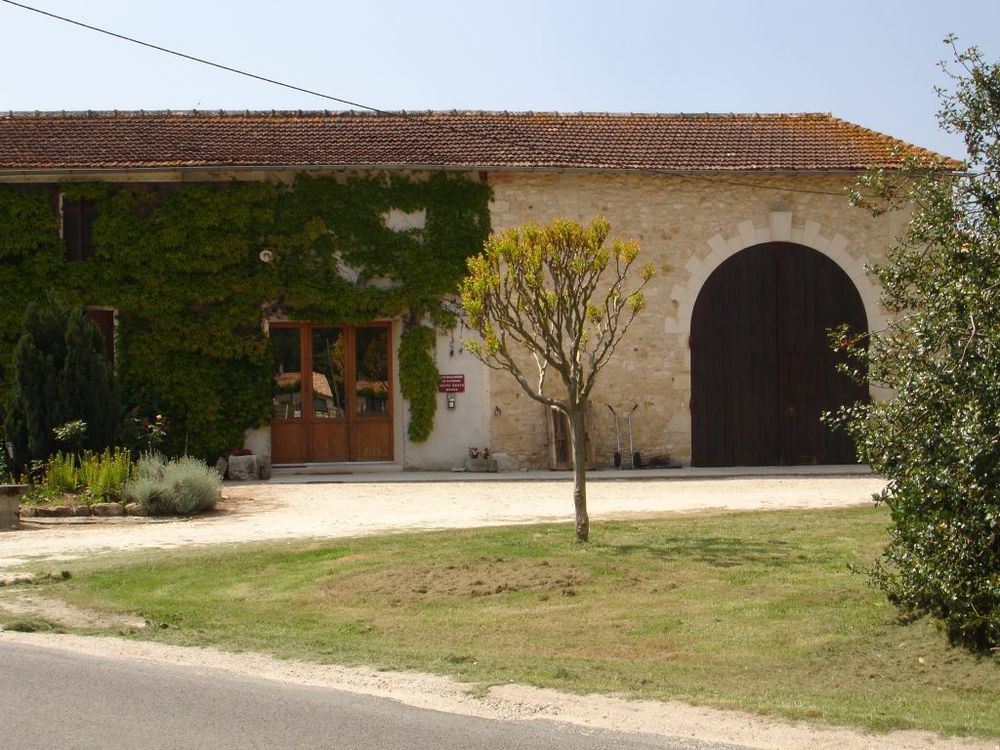
Château Gadet Terrefort was showing its wines as part of the Bordeaux Day Tastings this week in London and Manchester
Lots of challenges. We are in the process of converting the rest of our vineyards to organic and I recently had my first baby, and it certainly changes your priorities when you begin to think about the world you want to leave behind for your children. We are also focusing on a new certified organic cuvee and eventually a full range of organic wines.
Outside the vineyard, we would love to achieve more sales in Europe and we are very excited to get back to the events that we love, including the Bordeaux Day tastings [that took place in London and Manchester this week]. In the French market, the pandemic has also helped us realise the huge benefits of digitalisation and we are now gaining a whole new understanding of how to communicate our passion through social media. We may even start a podcast!
However, whatever happens, my real pleasure will always be in making wine. I have learnt so much about adapting to changing circumstances, and the fact that having to change your approach doesn’t mean that you have failed. I don’t know what will happen in the future, but I am convinced I am doing all the right things and I am young enough to make changes if I’m not. That is good enough for me.
- Château Gadet Terrefort is one of 36 crus artisans in Médoc. Its vineyard is located in the northern part of the peninsula, between the ocean and the estuary in the communes of Gaillan en Médoc et Ordonnac. You can find out more here: www.gadet-terrefort.com
- For more information about Bordeaux Wines, visit www.bordeaux.com or follow them on social media @bordeauxwinesuk.
- For more information about Médoc Wines, visit www.medoc-bordeaux.com or follow them on social media facebook: VinsduMedoc.MedocWines and Instagram vinsdumedoc.
- Jess Lamb is a freelance wine writer who has written for a number of titles including The Buyer, Winerist and is also business development for Chelsea Vintners. You can find out more about her here.
